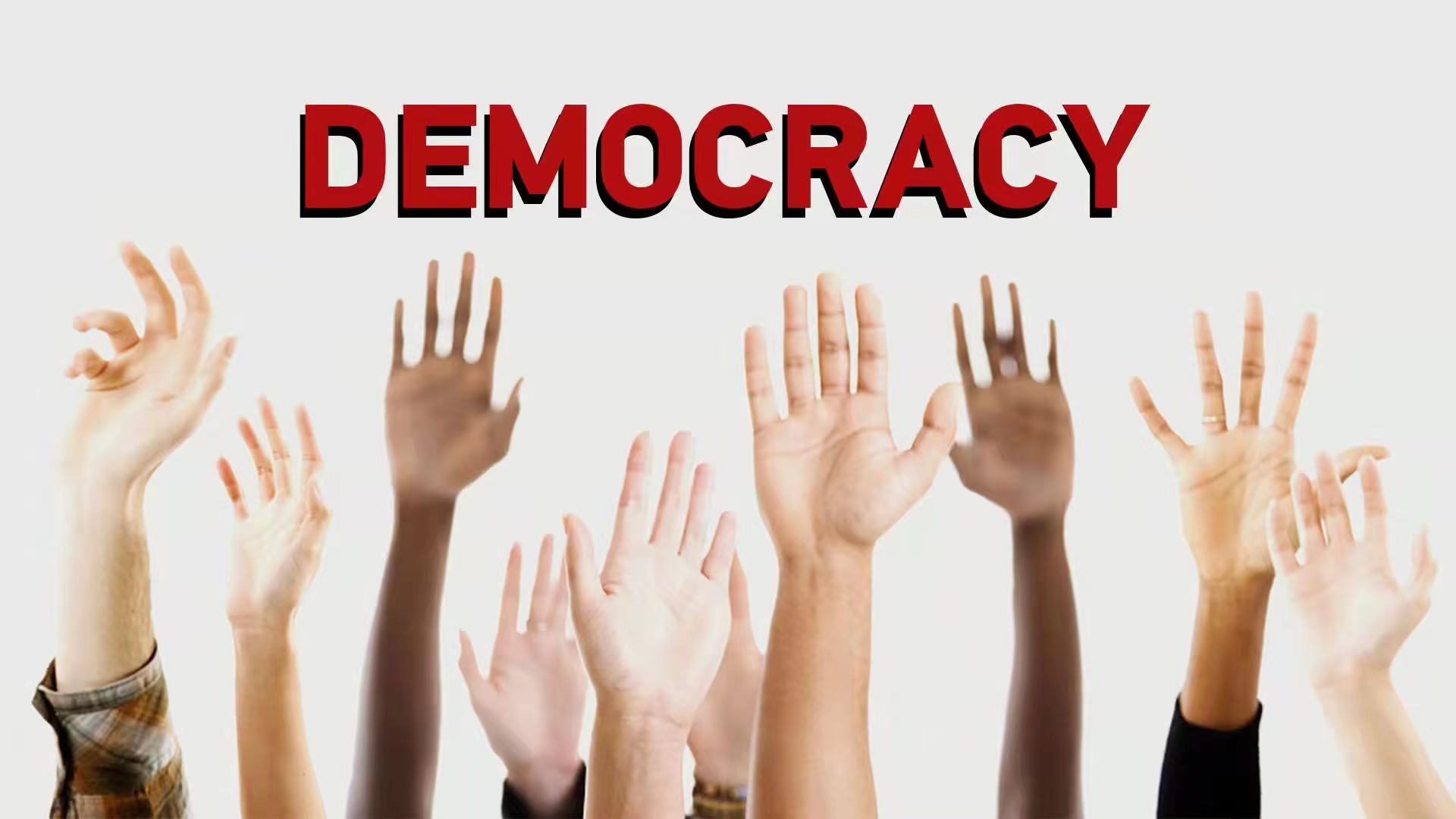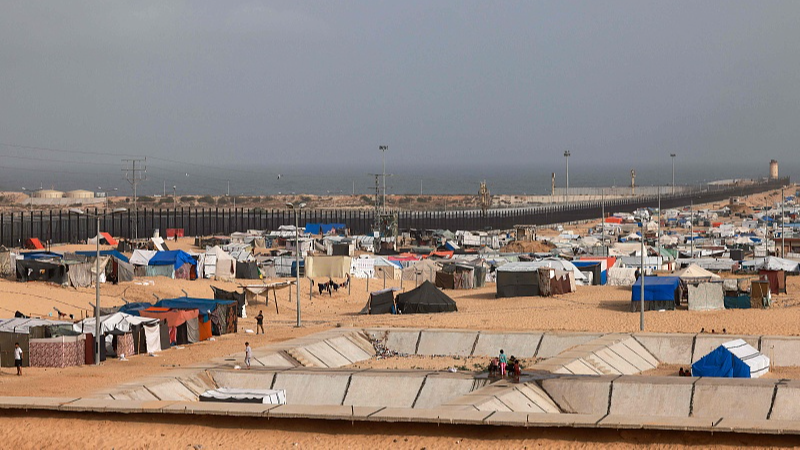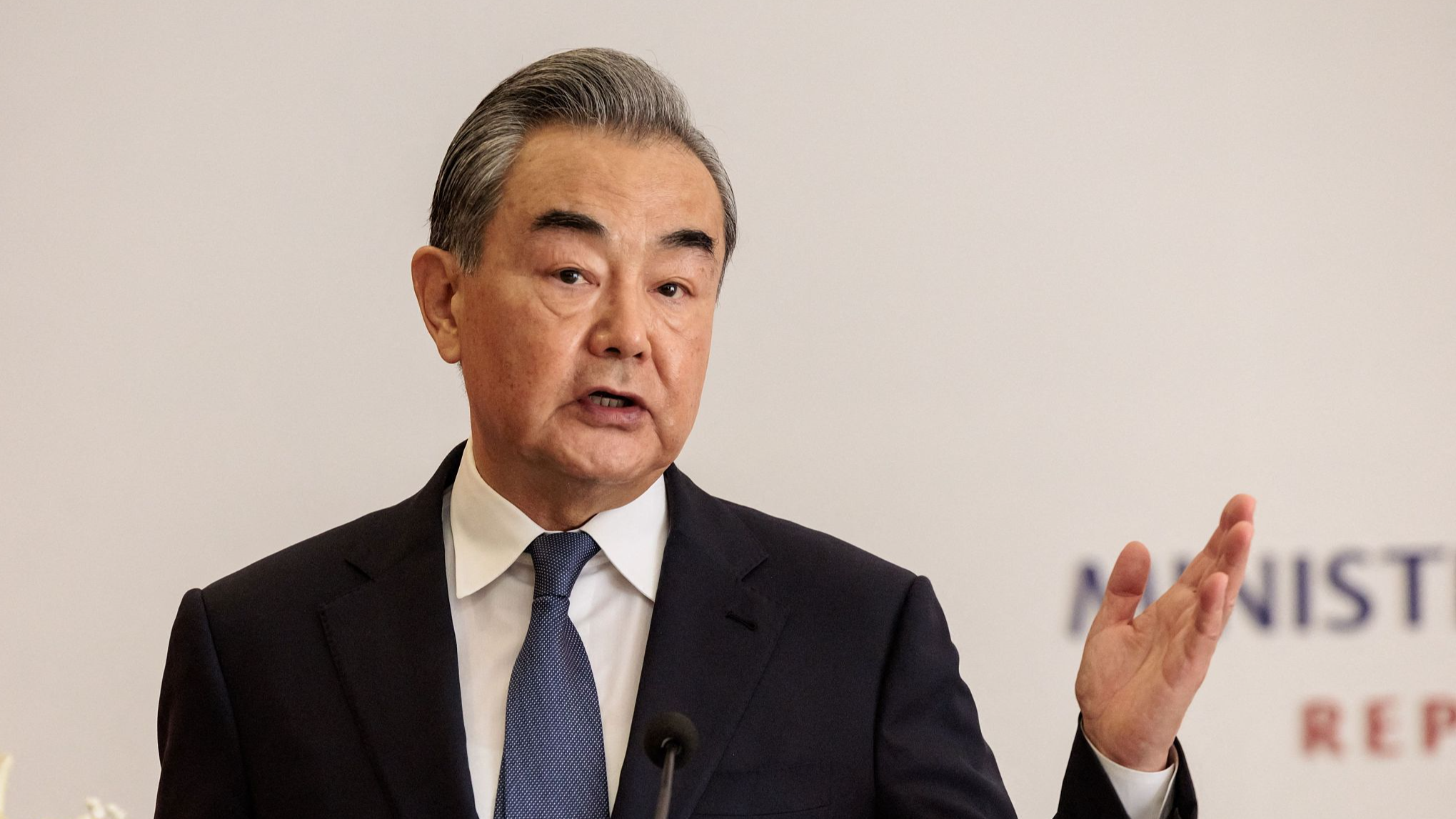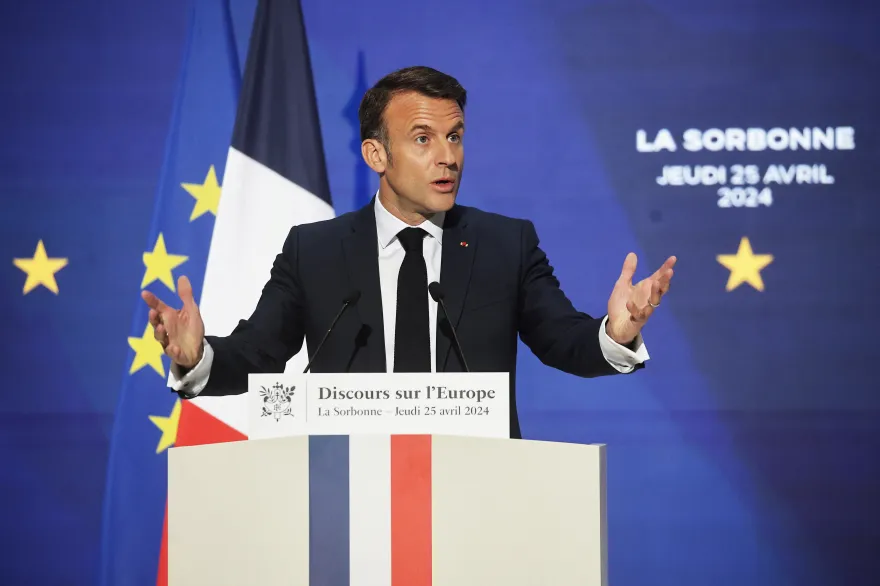A group of renowned scholars and senior officials on Wednesday hailed democracy as a shared value for humanity and discussed its diverse forms and the role it plays in improving global governance.
The third International Forum on Democracy: The Shared Human Values kicked off in Beijing, where more than 200 guests from many parts of the world engaged in extensive discussions on how to realize democracy in the modern and digital age.
Speakers at the forum said there is no such thing as a one-size-fits-all model of democracy and that diverse approaches to democracy should be respected.
China’s approach
China practices whole-process people’s democracy, which integrates law-based democratic elections, consultations, decision-making, management and oversight through a series of laws and institutional arrangements.
Delivering a keynote speech at Wednesday’s forum, Ong Tee Keat, a former deputy speaker of the Lower House of the Malaysian parliament, spoke highly of China’s whole-process people’s democracy.
China supports the diversity of democratic practice and sees the nexus between the attainment of people’s aspirations and the level of social development that is capable of supporting it, he said.
Wang Shaoguang, professor emeritus at the Chinese University of Hong Kong, stressed the importance of the principle of “from the masses and to the masses” in the Chinese approach.
“Representatives of the people are from the masses and to the masses,” Wang said, referring to China’s people-centered philosophy of governance.
“Chinese leaders use the Party to do an enormous amount of research into what the people were thinking, feeling, experiencing and want,” said Stephen Perry, chairman of the 48 Group Club, in his video speech.
“I think China is on its way to a good form of democracy,” Perry said. “It hears its people, and it tends to do what its people want.”
No one-size-fits-all approach to democracy
Some keynote speakers at Wednesday’s forum warned of the danger of imposing a specific model of democracy on other countries and of the drawbacks of today’s Western-style democracy.
Former Italian Prime Minister Massimo D’Alema said Westerners are proud of their democracy since their democracy was won through the struggle against fascism and Nazism with the high price of sacrifice paid during World War Two.
“But this legitimate pride should not prevent us from seeing that our model, precisely because it is the result of a long and peculiar historical process, cannot be exported and imposed in other parts of the world,” he warned, citing the experience in Afghanistan, Iraq and the Middle East.
He explored the reason behind the belief that the model of Western democracy has lost credibility and attractiveness and highlighted the erosion of consensus as a basis for democratic compromise within Western societies.
Citing Nobel Prize-winning economist Joseph Stiglitz, D’Alema said the risk to democracy facing the West today is the movement from the glorious season in which the democratic principle was “one head, one vote” to the new principle of “one dollar, one vote.”
Ong Tee Keat, the former Malaysian official, also denounced the present model of electoral democracy, which he said is widely touted as the West’s creation and has ever since been made the one-size-fits-all benchmark for democratic rule worldwide.
“Unfortunately, this turns out to be a fallacy,” he said.
His belief is in line with that of 84.3 percent of respondents in a recent online poll conducted by China Global Television Network (CGTN). They believe that various methods of democracy can be seen in different countries and cultures and that there is no superior model of democracy or a one-size-fits-all political system.
Global governance and the multipolar world
Other speakers at the forum highlighted the deficiencies in the current global governance and called for building a multipolar world.
Speaking via video, former Thai Prime Minister Abhisit Vejjajiva said countries have failed to reform the international organizations that make up the system of global governance in the last three decades.
“We have so many emerging countries and economies that are now very influential and more relevant to global affairs, yet continue to be underrepresented in these (international) organizations,” he said.
“It is time to correct this imbalance because it is only fair and more democratic,” he added.
D’Alema said the transformation to a multipolar world is necessary in today’s highly interconnected world.
“This is the real international dimension of democracy, nor come back to bipolarity, nor accept in unipolar world, but to govern together a multipolar reality,” he said.
Source(s): CGTN

 News7 days ago
News7 days ago
 News7 days ago
News7 days ago
 News7 days ago
News7 days ago
 News3 days ago
News3 days ago
 News6 days ago
News6 days ago
 News6 days ago
News6 days ago
 News2 days ago
News2 days ago
 News5 days ago
News5 days ago


















